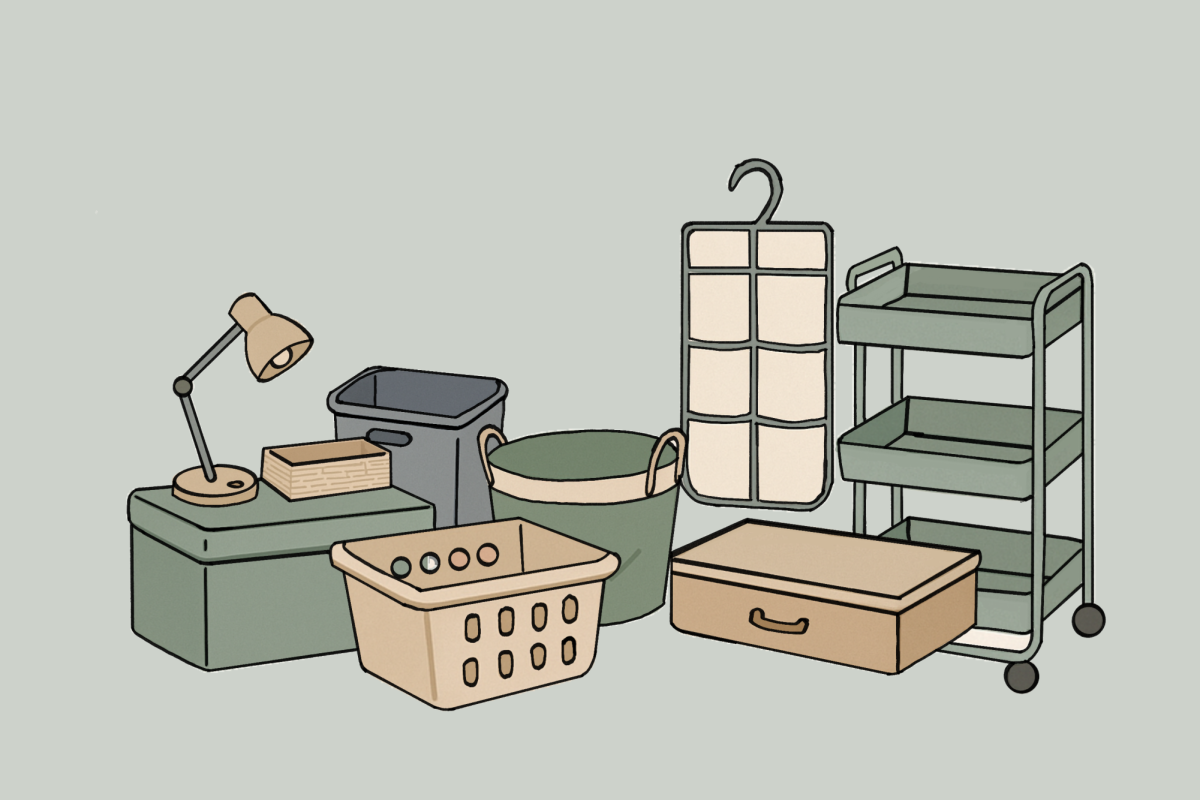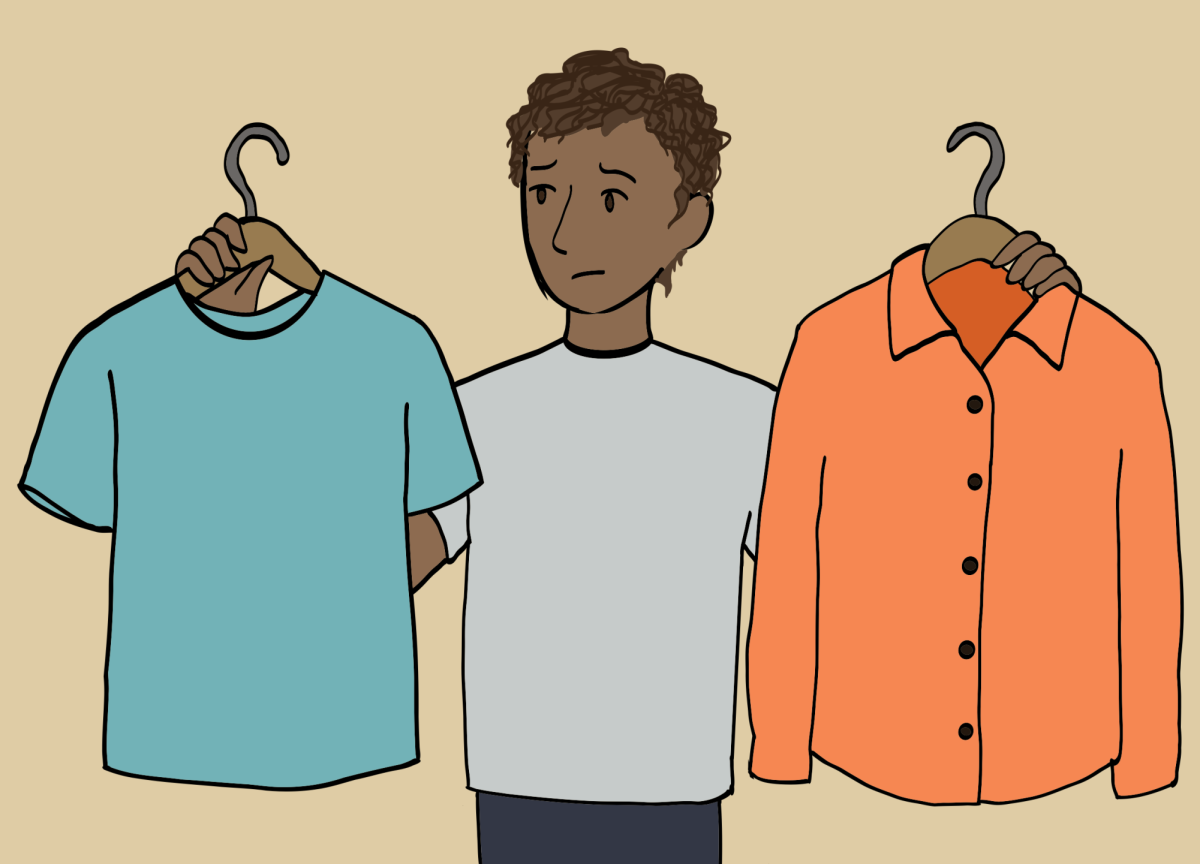Every semester students are faced with the anxiety of scheduling. What classes should I pick? Will I get into them? How many hours should I take? Do I really want to take an 8 a.m.? Who is my professor? Finding some info on a professor is an easy Google search. Still, to fully understand how a class operates, students turn to websites such as Rate My Professor to see what happens behind classroom doors. This has turned students into full-time detectives.
Websites such as Rate My Professor and Uloop allow students to publicly post their opinions on teachers. Although Clemson does anonymous surveys every semester, they don’t let students see what others say. When trying to get a feel for a professor, students like junior finance and accounting major Sofia Ippolito only have a few places to turn when scheduling.
So, she always looks at Rate My Professor, “taking it with a grain of salt and sorting out the outlying opinions for (her)self.”
Rating systems can have positive effects. Talking about what helps and hurts students is beneficial because, ultimately, every professor wants to see you succeed.
“Change is too strong a word, but I will introduce material differently based on what students have said,” said Jeffrey Adelberg, Clemson professor of horticulture, when asked about changing methods based on student feedback, Bridget Trogden, Clemson’s associate dean for undergraduate engagement and general education, considers “tweaking” projects and curriculum due to students’ feedback in her personal mid-semester surveys.
Joseph Mai, Clemson’s department of languages associate chair and associate professor of French, thinks online forums can be “used at a minimal degree to spot major red flags” and show consistency in students’ reception to someone’s teaching methods. Ippolito has used this method to avoid a class with a professor based on things she saw online.
But professors’ reviews aren’t just on teaching and can include deep biases. Trogden recounted that there are more negative scores on women than on men. Mai said he notices bias when someone has an accent or there is a cultural barrier. One of the most notable biases is the rigor of classes correlating with lower scores. These implicit biases have nothing to do with one’s teaching style and shouldn’t lower teachers’ ratings. Low scores due to biases can cause a domino effect that alters future students’ choice of professors.
Students may feel it’s better to have an in-depth look from peers when researching future professors, but student biases in past reviews remain on the website for years and continue to influence student decisions. Research by Towson University in Maryland concludes that changes can be made to limit the biases of rating websites. The 2008 study, by professors James Otto, Douglas Sanford and Douglas Ross, suggests that these public websites should require proof of taking the class, show students’ level of interest in the class and define the meanings of words like “easiness” and “helpfulness.” However, Rate My Professor and similar sites have not adopted these changes, something students should consider when making upcoming decisions for the fall semester.
Like all media, there’s good and bad press; students must sort out what’s true themselves. Adelberg said that it’s hard to get to know anyone based on what they’ve seen online, and he values the “human-to-human dynamic.” Therefore, he goes to the entry-level classes within his department and talks to students before they take his class. Trogden also emphasized the values of trust and “remembering that students’ comments can hurt feelings.”
Although most professors don’t regard these comments, new professors are affected. For the first time stepping out into the spotlight, being a soloist, every class can be daunting.
This doesn’t mean students shouldn’t be honest if their needs aren’t fulfilled. Brian Bolt, livestock specialist and part of the forages program team at Clemson, emphasized that he “values honesty and transparency above all when it comes to teaching.” Getting bombarded with feedback at one time can be overwhelming, like all the love or hate that can come from being trending on Twitter. Constant input throughout the year can help alleviate that pressure.
While most professors don’t look at the public forums, but the Clemson surveys are examined thoroughly by students. The Clemson survey rates professors on a scale but allows students to comment on each rating. “Comments are the most important and useful,” Trogden said.
So how should students make these decisions?
Every professor said word-of-mouth was one of the best ways to get verified information. Both Bolt and Adelberg urge students to look to upperclassmen for advice. “Join a club with your major,” Adelberg pleaded. He recounted going to school before social media, in an “in-person residential forum” like Clemson, stating he “was just fine finding good professors by speaking up without leaning on social media.”
Trogden shined a light on using internet practices other than Rate My Professor, such as YouTube, to see and hear the professor. “Many of our professors have given Ted Talks,” she revealed. This is another wonderful way to see who we usually just read about.
Ippolito said she likes to look at grade distributions and the syllabus repository to get factual information on professors.
In all, online forums have benefits and drawbacks. Adelberg spoke on how “people get surveyed to death.” Buy a car. Survey. Eat out. Survey. Fix your computer. Survey. Surveys and ratings are emailed to everyone all the time. Usually, reviews are written at times of passion or pain. These can be trivial things that have lasting effects. He compared rating people to products saying, “looking at reviews for buying a new appliance, people write hateful reviews because they don’t like the color.”
The forum of Rate My Professor allows students to voice their opinions. However, the validity of the posts is up to interpretation. It can be helpful to get a glimpse of what you’re walking into on the first day of classes, but every person comes to a class with a different perspective. Next time you schedule, keep an open mind and get valid information from some of Clemson’s best resources, the students walking right beside you.
Bridget Trogden, courtesy of Bridget Trogden.









